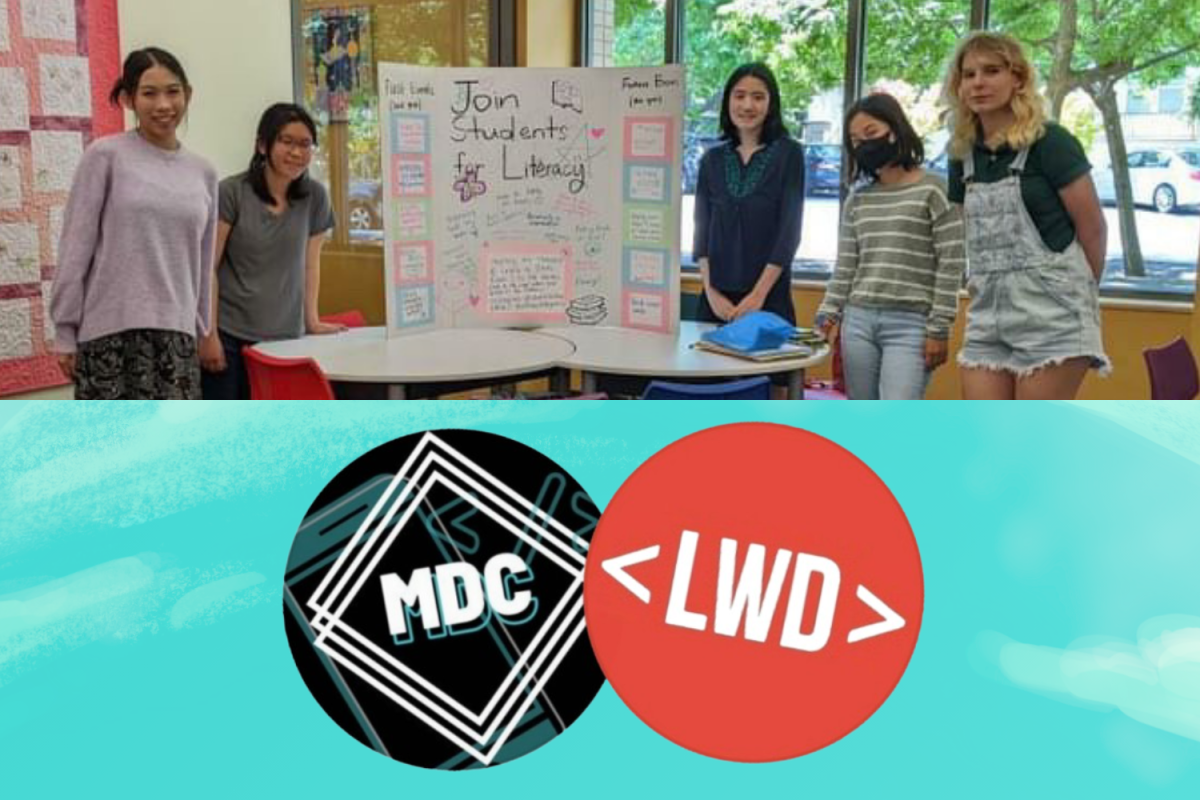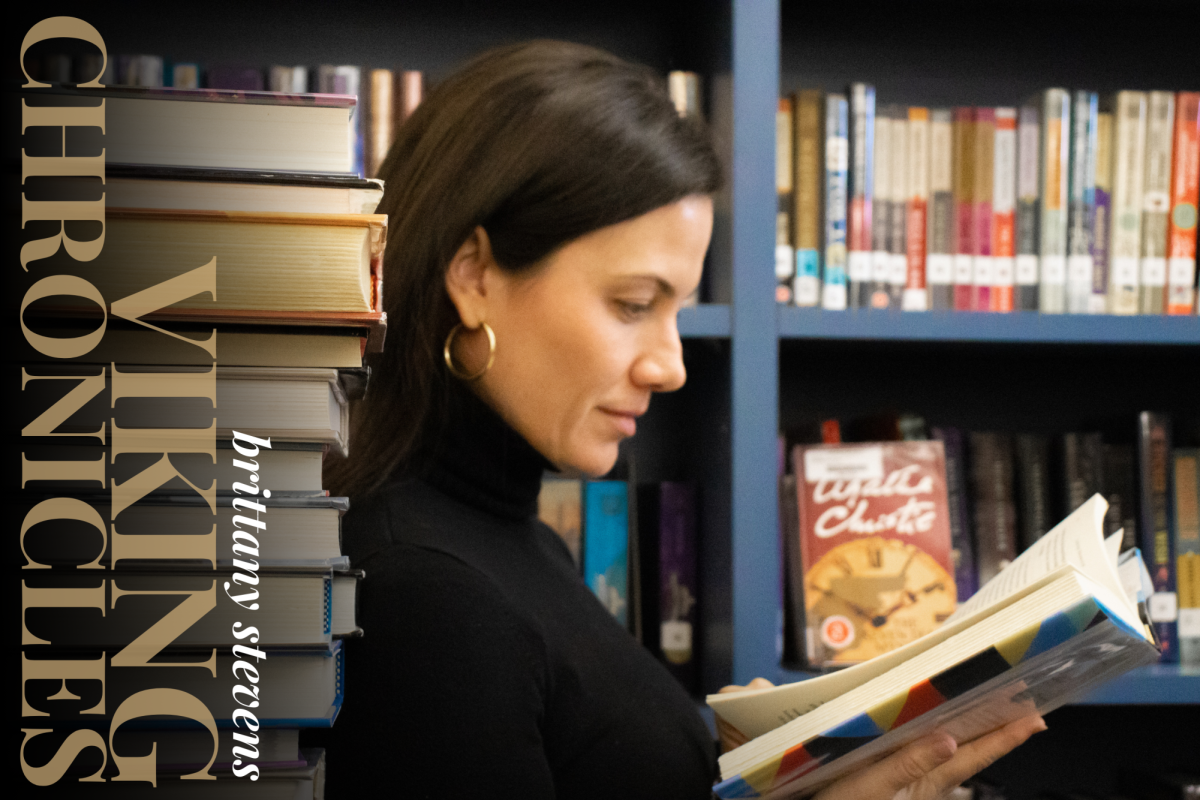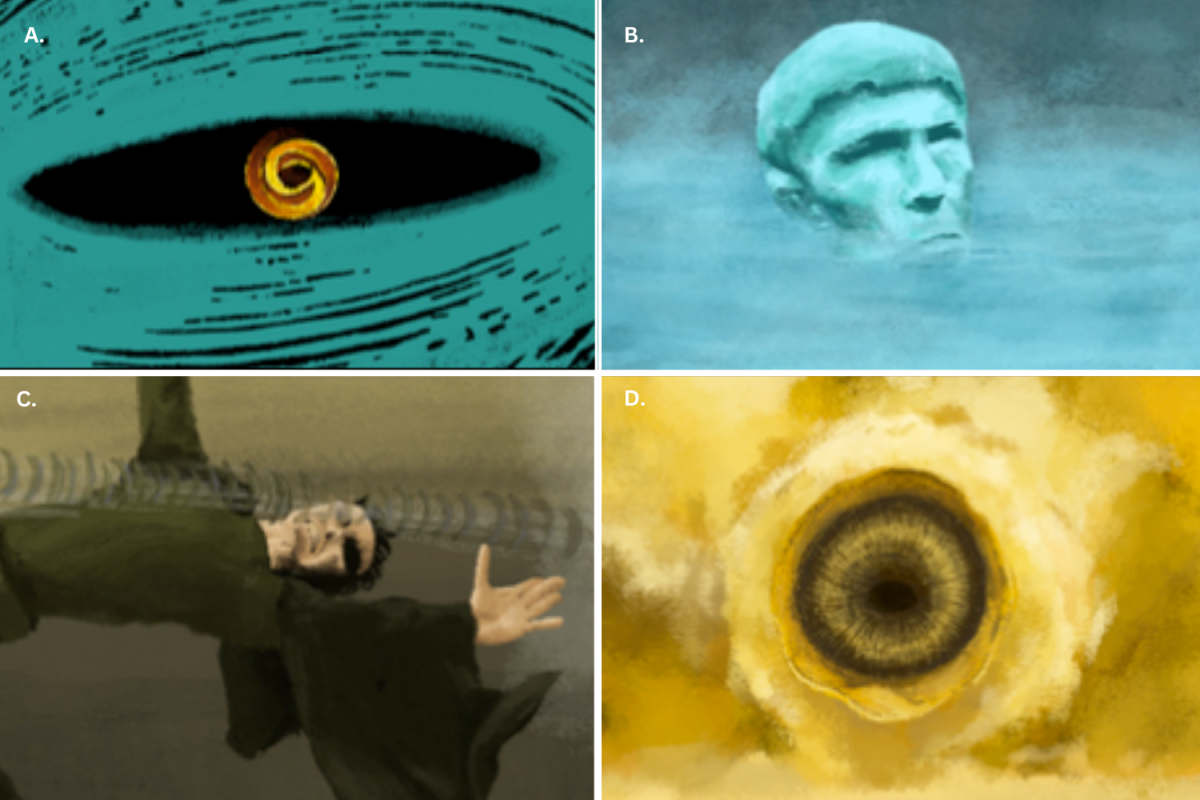What you need to know:
- Due to issues in attendance and content, two pairs of clubs have decided to merge
- Web development and mobile development merged due to the two having similar content to share
- Sci Fi club as been absorbed by Students for Literacy due to attendance problems
Web Dev + Mobile Development
Web Development club has merged with Mobile Development club, allowing members of each club to combine their collective skills. Web Development is known for teaching students how to develop websites as well as for designing websites for Lynbrook organizations and clubs, such as Lynbrook Excellence in Education; Mobile Development Club is more focused on assisting students in learning how to construct their own applications.
The idea for a merger sprung out of the realization that Mobile Development and Web Development clubs covered overlapping topics. App development on computers and cell phones can be similar, so they decided that both clubs could benefit from a merger.
“Now that we have different topics, we have more latitude,” Web Development President Anish Lakkapragada said. “I think that’ll be really beneficial going into next year, which is really exciting.”
The two clubs had many concerns about merging, the most relevant of them being the timing of meetings. Since Web Development normally met on Tuesdays and Mobile Development met on Mondays, there was concern that some members wouldn’t be able to attend meetings. However, the club decided that the new members would still attend meetings due to their interest in the subject.
There was also the issue of assigning new officer roles. With new members and a larger focus on mobile development, the clubs wanted to make sure that all groups were represented in leadership. Web Development has created a new position specifically for Mobile Development, where certain officers will be dedicated to the production of mobile projects.
“Having specialization and diversity in the officer team for next year will be crucial to take advantage of how we have many more subjects to work on, ” Lakkapragada said.
Now that the clubs have merged, the officers hope to continue making and maintaining their many websites and projects. They also are hoping to implement a new system to ensure that members can more easily learn to develop their skills through various projects.
“Now that we have so much more to work with, we hope that we can help develop apps for clubs on campus,” Lakkapragada said.
SciFi + Literature
The Science Fiction club decided to join with Students for Literacy this February. Sci-Fi club, known for its appreciation for popular culture and science fiction, decided to merge after witnessing a significant decrease in club meeting attendance.
Students for Literacy encourages reading and interest in literature among students. The club officers found out about Sci Fi club’s issues through librarian Amy Ashworth, the adviser for both clubs.
“We were doing the same as them attendance wise,” senior and Students for Literacy President Ella Yuan said. “Because our focus is broader than theirs, as science fiction falls under literature, we ended up absorbing them and not the other way around.”
All clubs receive strikes when their attendance drops below 10 members for any given meeting, which can lead to the school administrators dissolving clubs. Sci-Fi club’s low attendance concerned officers. Following Ashworth’s suggestion to merge, both groups met in December to discuss next steps.
“We discussed the club size problems, the officer positions and the meeting time, because there are time conflicts every day. Choosing days when people were available was hard,” junior and Sci-Fi club President Galen Han said.
Both officer teams eventually agreed on a compromise: Students for Literacy officers would maintain their positions, and Sci-Fi club officers would be instated as interns.
Now that the two groups have merged, they plan on incorporating both science fiction and literature elements into future activities and meetings. In the few club meetings that they have held since their merger, members have been able to discuss topics such as the “Three Body Problem,” a popular science fiction series. Members of Students for Literacy have received the merger positively, welcoming a new genre to focus on and new students to collaborate with. The club also hopes to offer more officer roles to the new members of Sci-Fi club, aiming for proper representation in the club’s leadership.
“We want to be able to create balance when we choose all new officers,” Yuan said. “We are planning to try to include the Sci-Fi members as much as possible, while also giving our members a chance at achieving club leadership.”







































































